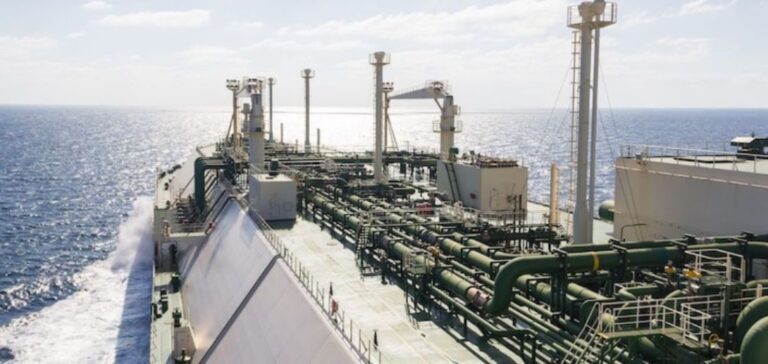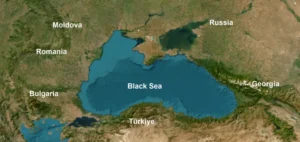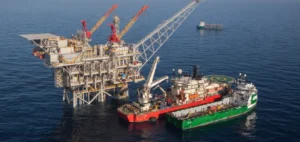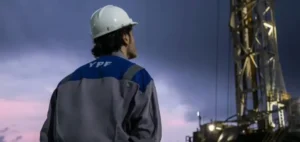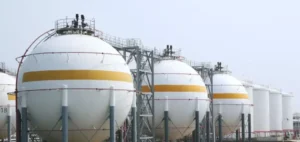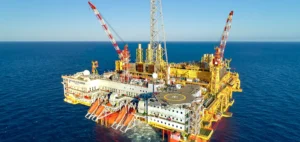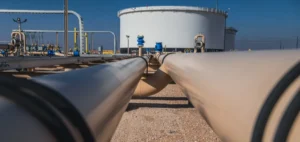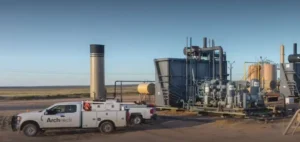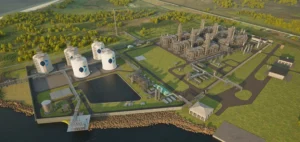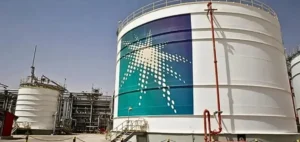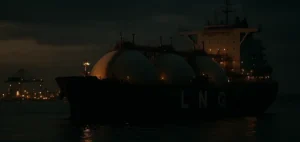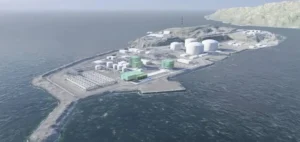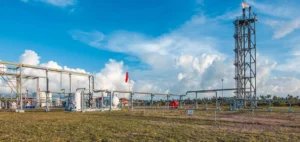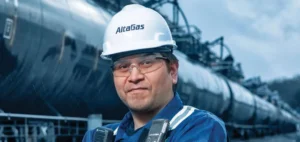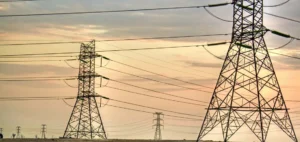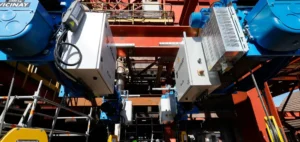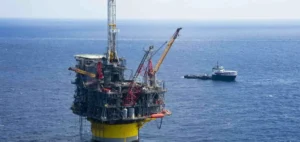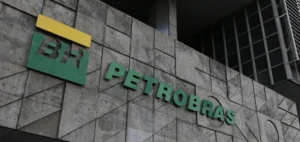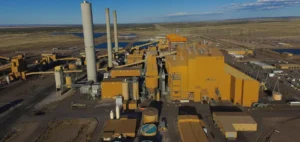TotalEnergies, the world’s third largest liquefied natural gas (LNG) company, announces the delivery of the first LNG cargo to the Dhamra LNG terminal.
India boosts regasification capacity with Dharma LNG terminal
The Dharma LNG terminal is owned and operated by Adani Total Private Limited (ATPL), a 50/50 joint venture between TotalEnergies and Adani. Located on the east coast of India in the state of Odisha, this delivery marks the start of the terminal’s phased commissioning, which is expected to begin commercial operations by the end of May 2023.
With a regasification capacity of 5 million metric tons of LNG per year, the Dhamra LNG terminal adds over 10% to India’s regasification capacity. This helps strengthen the country’s position as the world’s fifth largest importer of LNG. In addition, this development will enable India to increase the share of natural gas in its energy mix from 8% to 15% by 2030, thereby reducing its carbon intensity.
“We are delighted to have made the first delivery of LNG to the new Dhamra LNG terminal, developed in partnership with Adani, with a cargo from Qatar. India is keen to increase the use of natural gas to reduce the carbon intensity of its energy mix by replacing coal, so LNG can meet the growing domestic demand. The commissioning of the Dhamra terminal reflects TotalEnergies’ ambition to support India’s energy transition and security of supply,” said Thomas Maurisse, Senior Vice President LNG at TotalEnergies.
TotalEnergies: a key player in the global LNG market
TotalEnergies’ global portfolio of approximately 50 million tons per year in all regions includes interests in liquefaction plants, transportation, access to more than 20 million tons per year of regasification capacity in Europe, trading and LNG bunkering. With a market share of about 12%, the company is positioned to increase the share of natural gas in its sales mix to nearly 50% by 2030, reducing carbon emissions and eliminating methane emissions associated with the gas value chain. The company is also working with local partners to promote the transition from coal to natural gas.
TotalEnergies has delivered its first LNG cargo to the Dhamra terminal in India, strengthening the country’s position as the world’s fifth largest importer of LNG and contributing to India’s energy transition by increasing the share of natural gas in its energy mix. In addition, TotalEnergies aims to increase the share of natural gas in its own sales mix to nearly 50% by 2030 to reduce carbon emissions and eliminate methane emissions associated with the gas value chain.

